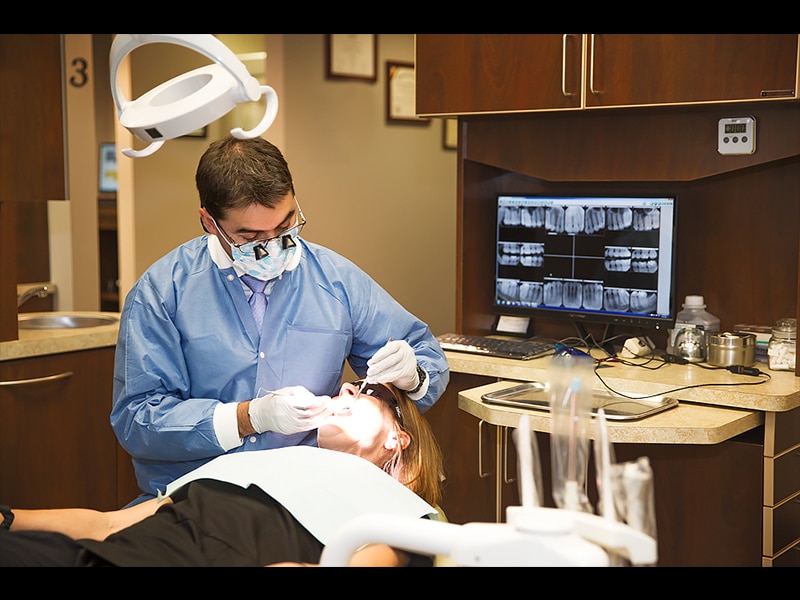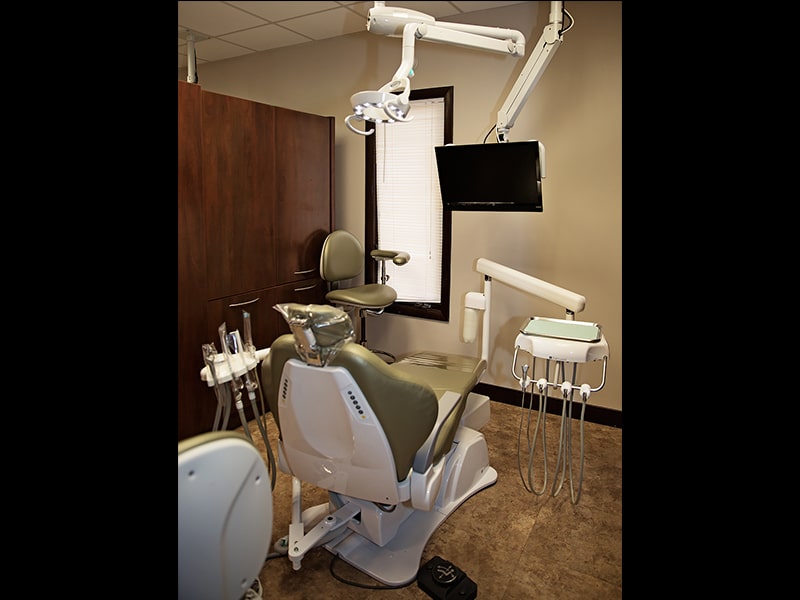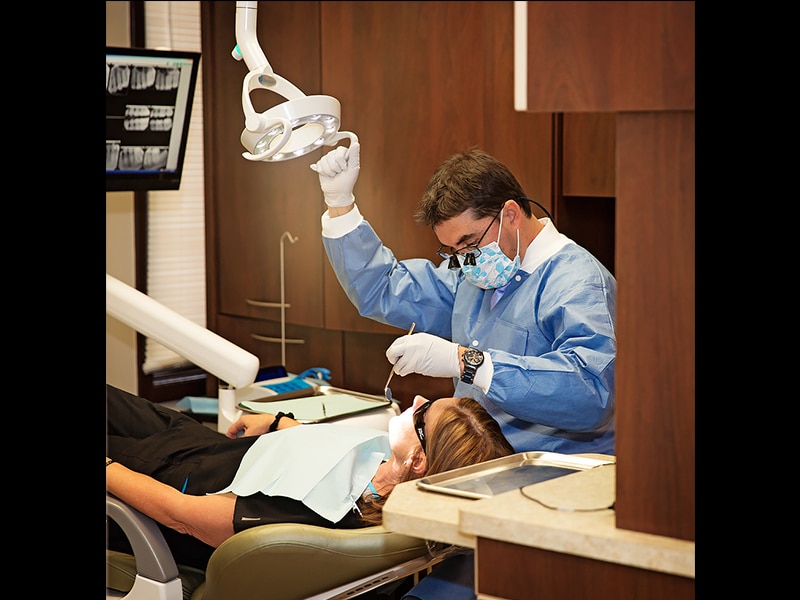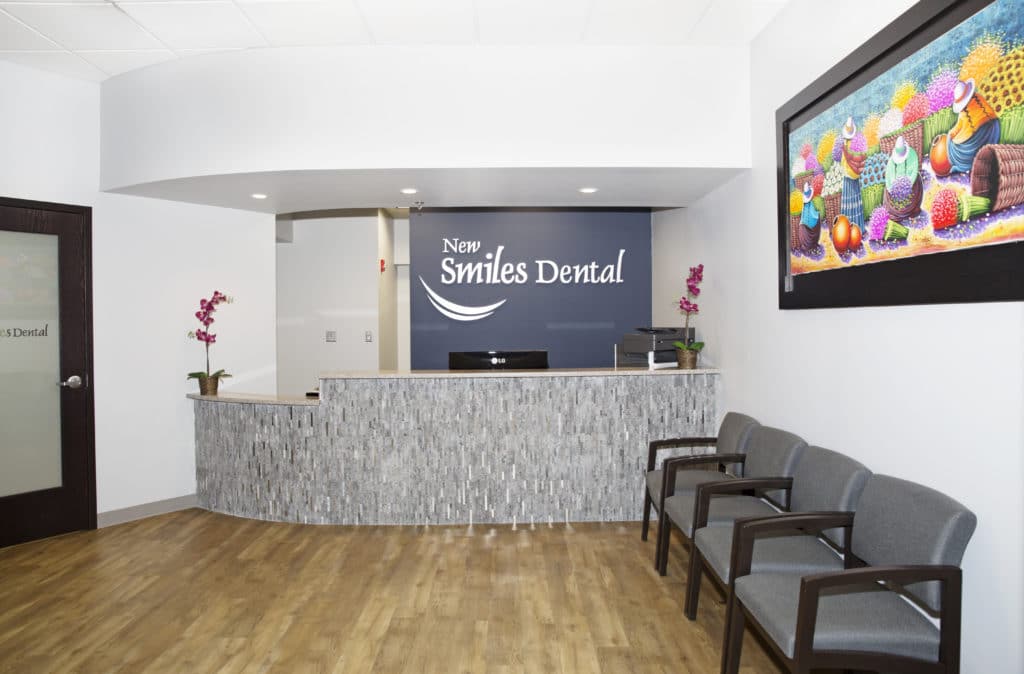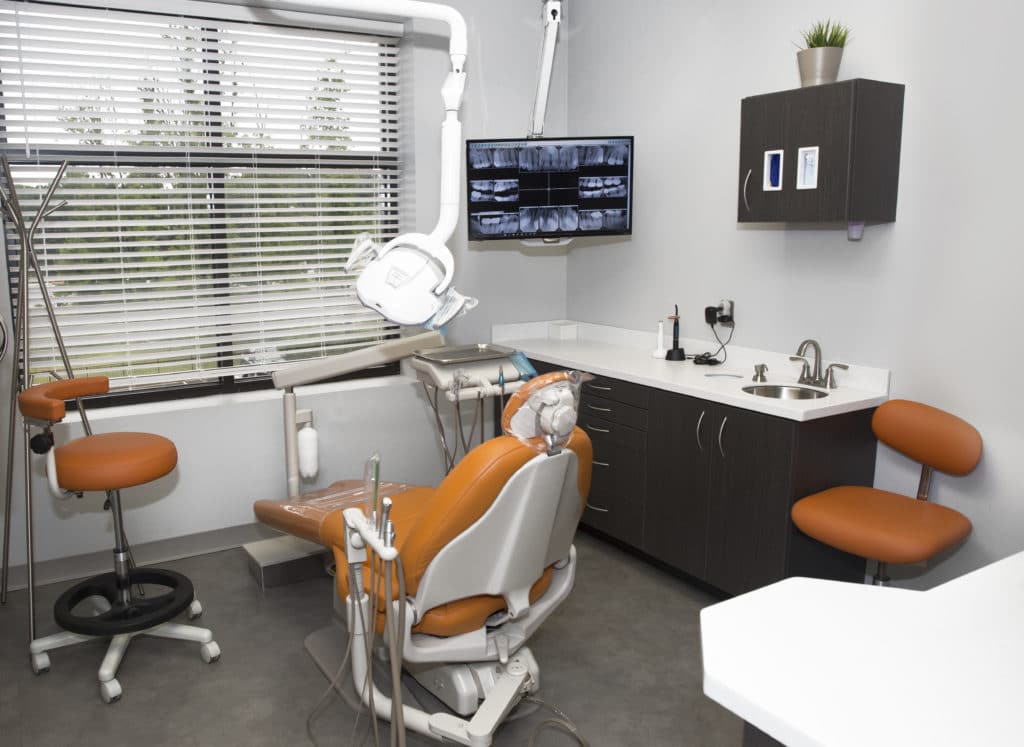Dental care is essential for maintaining good oral hygiene and overall health, but it can also be expensive. From routine check-ups to complex procedures, the cost of dental care can quickly add up. This is where dental insurance comes in – a valuable tool that can help you save money on your dental expenses. In this article, we will explore how dental insurance can benefit you and your wallet.
Understanding Dental Insurance
Dental insurance is a type of health insurance that helps cover the cost of dental care. It typically includes coverage for preventive services like regular check-ups, cleanings, and X-rays, as well as restorative procedures such as fillings, root canals, and crowns. Some plans may also include coverage for orthodontic treatment and cosmetic procedures.
The Benefits of Having Dental Insurance
The primary benefit of dental insurance is the potential cost savings it provides. By paying a monthly premium, you can reduce your out-of-pocket expenses for routine and unexpected dental procedures. With dental insurance, you can also take advantage of negotiated rates with in-network providers, meaning you may pay less for services than if you were to pay out-of-pocket.
Another benefit of dental insurance is the peace of mind it offers. Knowing that you have coverage in case of a dental emergency can alleviate financial stress and allow you to focus on getting the necessary treatment. Dental insurance also encourages regular dental check-ups, helping you maintain good oral health and potentially preventing costly procedures down the line.
Types of Dental Insurance Plans
There are different types of dental insurance plans available, including indemnity plans, preferred provider organizations (PPOs), and health maintenance organizations (HMOs). Each type has its benefits and limitations, so it’s essential to understand your plan’s specifics before enrolling.
Indemnity plans allow you to choose your dentist and pay for services as they are rendered, with the insurance company reimbursing a portion of the cost. PPOs have a network of dentists that you can visit, but you may also choose to go out-of-network at a higher cost. HMOs require you to choose a primary care dentist within their network who will oversee your dental care.
Additional Tips for Maximizing Your Dental Insurance Benefits
To get the most out of your dental insurance, here are a few tips to keep in mind:
- Take advantage of preventive services: Most dental plans cover preventive services at 100%, meaning you won’t have to pay any out-of-pocket expenses for regular check-ups and cleanings. These visits can also help detect potential issues early on, preventing more extensive and costly procedures.
- Understand your plan’s coverage and limitations: It’s crucial to familiarize yourself with your plan’s specifics, such as deductibles, copays, annual maximums, and waiting periods for certain procedures. Knowing what is covered and how much you may have to pay out-of-pocket can help you budget for dental expenses.
- Stay in-network: Visiting an in-network dentist can save you money, as you will have access to negotiated rates and may not have to pay as much out-of-pocket.
- Consider a flexible spending account (FSA) or health savings account (HSA): These accounts allow you to set aside pre-tax dollars for dental expenses, reducing your taxable income and saving you money on dental care.
Conclusion
Dental insurance is a valuable tool that can help you save money on your dental expenses. By paying a monthly premium, you can reduce the cost of routine and unexpected procedures, as well as benefit from negotiated rates with in-network providers. It also offers peace of mind and encourages regular check-ups to maintain good oral health. Now that you understand the benefits of dental insurance, take action toward securing your oral health. Contact us today at New Smiles Dental and let dental insurance save you money while keeping your smile bright and healthy!




